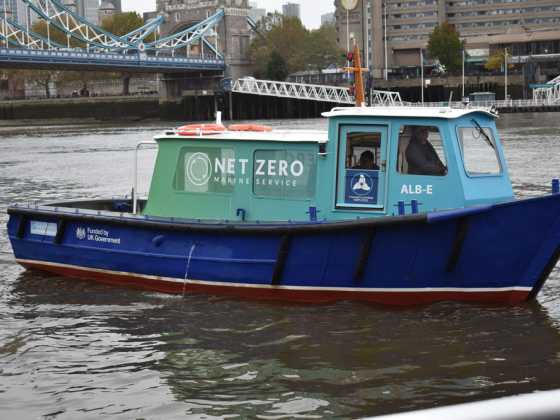Get your books in order
TMC's Paul Jackson urges organisations to keep full and accurate records of fleet mileage and fuel payments to avoid hefty fines from the HMRC following a wave of investigations
 Firms are facing six-figure back-tax bills and fines for payments on 'phantom' business miles in a wave of investigations into fuel and mileage payments.
Firms are facing six-figure back-tax bills and fines for payments on 'phantom' business miles in a wave of investigations into fuel and mileage payments.
HMRC has declared open season on insufficiently-checked mileage claims, with evidence of tax inspectors going to extraordinary lengths to uncover false or missing reports.
Mileage reporting irregularities are in the firing line because HMRC sees them as low hanging fruit in its campaign to find and recoup unpaid business taxes.
Easy target
Mileage claims are seen as an easy target by the Revenue’s investigators because virtually all companies pay drivers miles and the tax rules require businesses to keep records to substantiate what they pay to drivers.
If HMRC finds errors in the records, such as drivers claiming tax-free mileage payments for more miles than they actually drove, they can go after a company for the tax due on the difference – plus interest and penalties.
Ruthless checks
We have evidence that HMRC is leaving no stone unturned in its quest for non-compliant records. For example, a tax investigator spent days using an online route planner to scrutinise claims made by 20 drivers, as he went through one company’s mileage records.
The checks, which went back more than four years, allegedly revealed inaccuracies that usually resulted in the drivers being paid too much.
HMRC told the firm it would treat claims by the firm’s 135 other drivers as similarly inaccurate. It has warned the business that it faces a potential total charge of £200,000 in respect of tax-free payments it made for these alleged 'phantom' business miles.
This is not an isolated case. TMC has come across five similar on-going cases in the last six months. More than £700,000 in back taxes could be at stake in total for all the businesses involved.
Unaudited
The problem in HMRC’s eyes was that, although the company could support past expenses payments with detailed records of journeys, it had not done anything to verify that the distances claimed were accurate. Had the company (or a third party) audited the drivers’ reports and seen to it that errors were corrected, it would have avoided a penalty.
Not so long ago a firm in this situation could reasonably expect to be let off with a warning from their tax office to do things properly in future. Now HMRC is under pressure to recover as much unpaid tax as it can.
Even though only a minority of individuals might have systematically abused mileage expenses, those few bad apples will taint a whole fleet in the event of a tax investigation unless the employer can show that records were generally audited.
And if a firm’s records are not merely unchecked but also incomplete, even stiffer penalties may apply.
One company could not produce mileage records relating to all its past payments to drivers. HMRC took the view that this meant that the firm had effectively paid for some private fuel and therefore the drivers owed private fuel benefit tax going back six years. The company eventually paid the drivers’ tax liabilities as part of a total settlement of over £350,000.
Achieving compliance
Fortunately, the advent of dedicated online mileage reporting has made it much easier for fleets to comply with the tax reporting rules.
Instead of drivers laboriously logging trips on hard-to-check paper forms or spreadsheets, they can enter them on a purpose-designed system that helps them by allowing them to save their ‘favourite’ journeys and enter trips using postcodes.
These reports can then be independently and proactively checked (and if necessary queried directly with the driver) by a mileage capture and audit service.
For employers, online mileage audit solves several issues at once. It gets mileage data out of individual travel and entertainment budgets and puts it where it can be seen and analysed. By deterring drivers from making mistakes – deliberate or genuine – the system delivers an average reduction of 25 per cent in fuel and mileage expenses when businesses first start using it.
Other financial benefits include making the payment of expenses more efficient and enabling 100 per cent recovery of VAT on fuel.
The wealth of data provided by mileage audit also supports effective environmental policy decisions designed to deliver long term cuts in CO2 and fuel use through Carbon Reporting.
Carbon Reporting calculates individual CO2 emissions for each car and driver in the company and sends each driver a quarterly report. This allows drivers to benchmark their CO2 emissions and reduce them by travelling fewer miles, driving more efficiently and choosing cleaner cars.
Never forget, though, that mileage recording, by itself, is only half the battle. Unless businesses ensure their reports are proactively audited, they will be vulnerable if a tax inspector calls.






